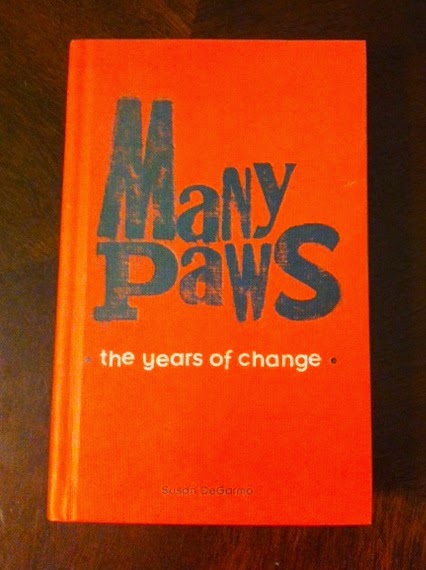 |
| Photo by Alberto G. |
After I finished the list of 8 books that fit squarely in that category, I was astonished to see only one female author among them.
Where are the women writing about spirituality and aging?
Women's Voices on Caregiving
I do agree with the French feminists that women tend to write more grounded works and tend to write from the body and from personal experience. It follows that spirituality would be grounded in daily tasks of relating to other people in the domestic sphere.
In other words, we find the divine by serving one another through human interaction more than by solitary meditations.
A number of the dementia memoirs I've read have applied theology in them, particularly Debra Shouse's Love in the Land of Dementia (2013).










